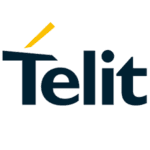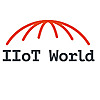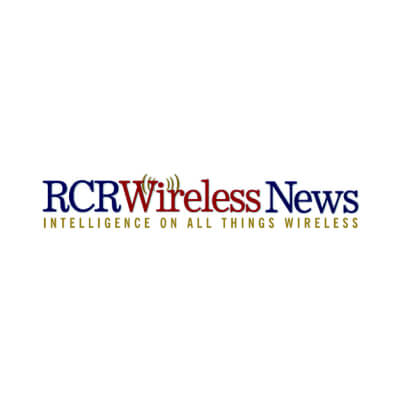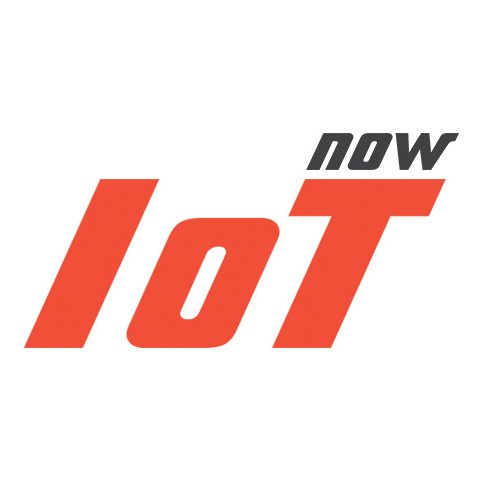Telit ME310G1-W2 LTE-M/NB-IoT Module for 450 MHz Receives RED Certification
The ME310G1-W2 is the world’s smallest LTE-M/NB-IoT module for use in the 450 MHz band to achieve RED certification
26dBm output power helps ensure reliable connectivity for smart metering, smart grids, smart cities and smart agriculture devices — even when deep inside buildings
London, December 21, 2020 – Telit, a global enabler of the Internet of Things (IoT), today announced that its ME310G1-W2 is the world’s smallest LTE 450 module to achieve Radio Equipment Directive (RED) certification. This milestone unlocks the commercialization of the ME310G1-W2 cellular module on LTE 450 networks throughout Europe. For more information, visit https://contact.telit.com/nbiot.
At just 15x18x2.6 mm, the Telit ME310G1-W2 LTE-M/NB-IoT is the smallest module for use in the 450 MHz band, which is primarily used in the advanced metering infrastructure (AMI) and automated meter reading (AMR) systems in Europe. The ultra-compact design is also ideal for space-constrained applications such as smart city sensors, smart agriculture monitors and more. The Power Saving Mode (PSM) and extended Discontinuous Reception (eDRX) maximize battery life, a key requirement for AMI/AMR and a wide range of other IoT applications.
The module has a variety of features designed to ensure reliable connectivity, including 26 dBm output power in the 450 MHz band and a maximum coupling loss (MCL) of up to +15 dB/ +20 dB, which provides superior in-building penetration compared to earlier cellular LTE standards. These features also provide enhanced wide area coverage, which can reduce network operating expense and capital expense through lower infrastructure density.
Compatible with 3GPP Release 14, the ME310G1-W2 provides existing CDMA 450 deployments with a smooth upgrade path to LTE and builds on Telit’s extensive experience in the 450 MHz band, including membership in the 450 MHz Alliance. It also leverages Telit’s expertise in the smart energy market, where the company currently has more than 100 customers worldwide.
In addition to 450 MHz band, the ME310G1-W2 supports the other LTE bands commonly used in Europe and Latin America, enabling seamless roaming between private and public mobile networks. The ME310G1-W2 simplifies product design with Telit’s AppZone, an embedded application development environment. This allows software developers to leverage the processing resources of the Telit modules to run their application, avoiding the addition of an external MCU and ultimately reducing the total cost of ownership of the solution. The ME310G1-W2 supports OneEdge, Telit’s module-embedded software system with pre-packaged, secure, easy-to-use deployment and management tools. The winner of ten awards for its breakthrough capabilities, OneEdge dramatically simplifies design, deployment and management of IoT products and solutions.
“Europe continues to lead the global evolution of the 450 MHz band from CDMA to LTE, with eight commercial LTE networks and nine more in trials,” said Gösta Kallner, Executive Chairman of the 450 MHz Alliance. “Telit is playing a key role in enabling this evolution with solutions such as the ME310G1-W2, which provides network operators and their customers with a unique combination of ultra-compact size, reliable connectivity and long battery life.”
“As the world’s smallest RED–certified module for LTE 450, the ME310G1-W2 is the latest example of how Telit provides device OEMs, system integrators, service providers, and end users with peace of mind that their devices will perform as expected,” said Marco Stracuzzi, Head of Product Marketing, Telit. “As a result, they’re free to focus on leveraging all the benefits that LTE brings to IoT, including greater power efficiency, better coverage, and lower infrastructure costs.”
As a member of Telit’s xE310 family, the ME310G1-W2 enables OEMs, integrators and IoT device vendors to leverage their existing designs as they expand into the 450 MHz market or as they migrate their legacy 2G products to LTE 450. The xE310 heritage also allows for global frequency coverage and the integration into ultra-small-footprint IoT devices.





 More Articles
More Articles








